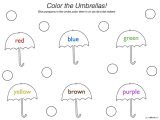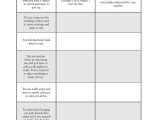In the realm of sports, victory isn’t solely determined by physical prowess but also by mental fortitude. Athletes often encounter psychological hurdles that can impede their performance on the field, court, or track. To navigate these challenges effectively, many turn to the invaluable tool of sports psychology worksheets. In this comprehensive guide, we delve into the world of sports psychology worksheets, exploring their significance, benefits, and practical applications.
Understanding Sports Psychology Worksheets
Sports psychology worksheets serve as structured exercises designed to enhance various psychological aspects crucial for athletic success. These worksheets cover a wide array of topics, including goal setting, visualization, self-talk, emotional regulation, confidence building, and stress management. By engaging in targeted activities, athletes can develop a deeper understanding of their mental processes and cultivate strategies to optimize their performance.
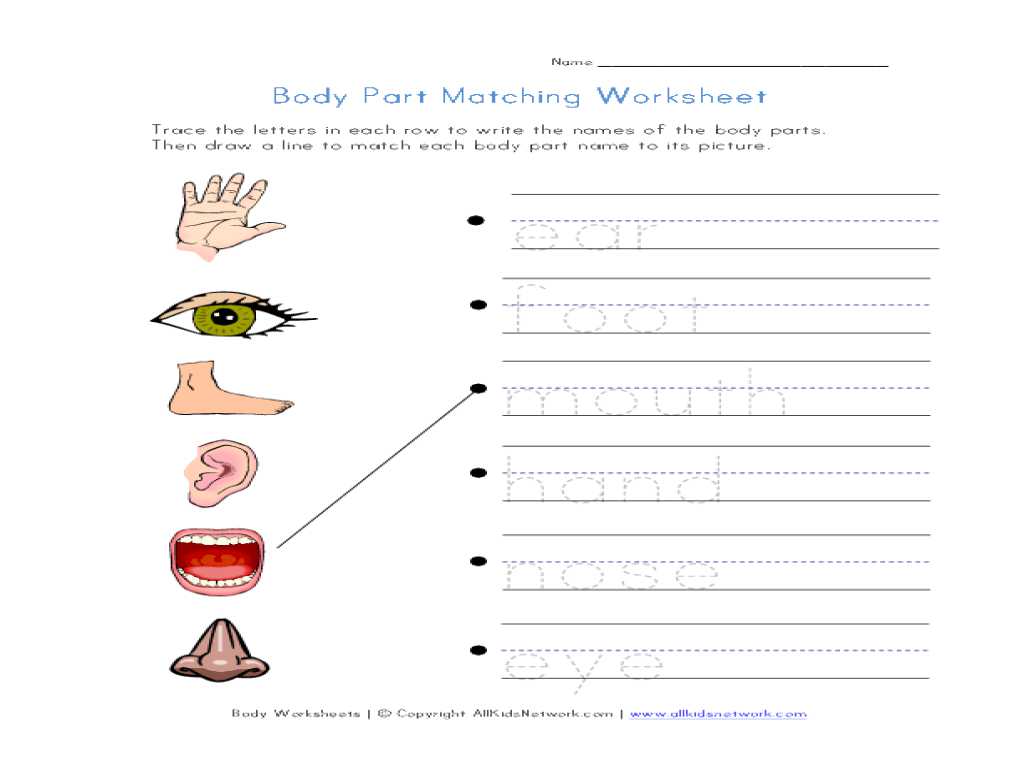
The Significance of Mental Conditioning
Just as physical training is essential for athletic prowess, mental conditioning is paramount for peak performance. Sports psychology worksheets provide athletes with the tools to sharpen their mental skills, enabling them to overcome obstacles, stay focused under pressure, and maintain confidence in challenging situations. Whether it’s overcoming performance anxiety, bouncing back from setbacks, or enhancing concentration, mental conditioning plays a pivotal role in achieving success on the field and beyond.
Benefits of Sports Psychology Worksheets
The benefits of incorporating sports psychology worksheets into training regimens are manifold. Firstly, they promote self-awareness by encouraging athletes to reflect on their thoughts, emotions, and behaviors in the context of competition. This heightened self-awareness enables athletes to identify areas for improvement and implement targeted strategies for growth.
Secondly, sports psychology worksheets foster goal setting and visualization, empowering athletes to create a clear roadmap for success and mentally rehearse optimal performance scenarios. By visualizing success and setting achievable goals, athletes can bolster their confidence and motivation, laying the groundwork for peak performance.
Moreover, sports psychology worksheets facilitate stress management and emotional regulation, equipping athletes with coping strategies to navigate pressure-packed situations effectively. From deep breathing exercises to positive self-talk techniques, these worksheets provide practical tools to maintain composure and resilience in the face of adversity.
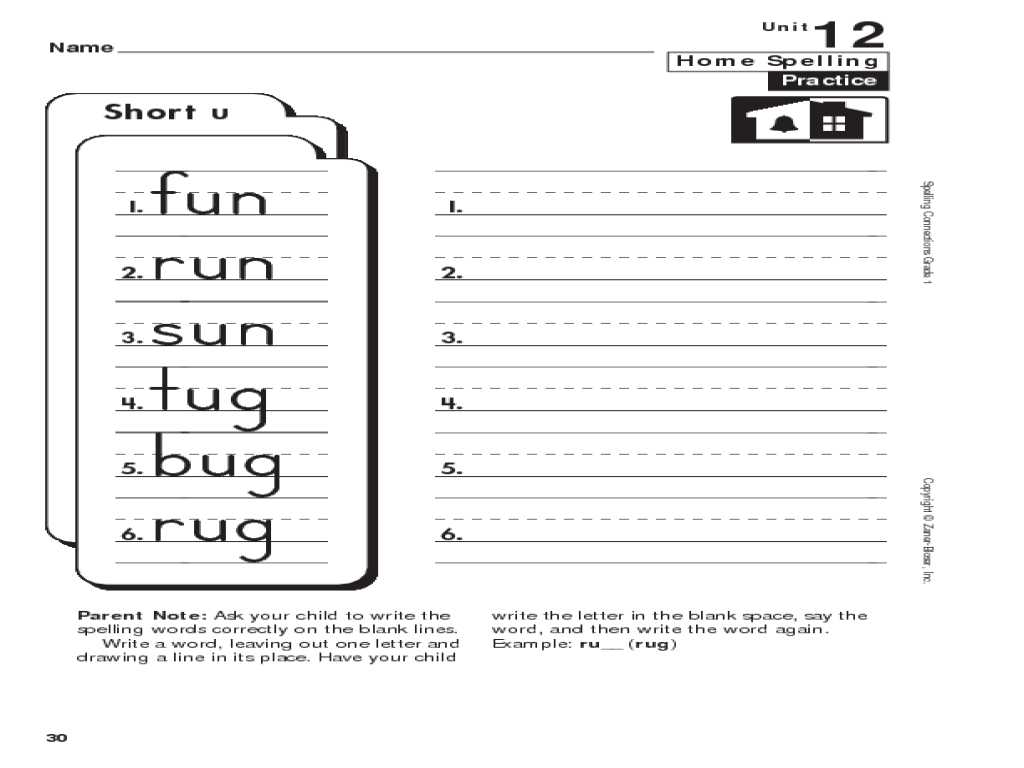
Practical Applications and Exercises
To harness the full potential of sports psychology worksheets, athletes can engage in a variety of exercises tailored to their specific needs and goals:
- Goal Setting
Create SMART (Specific, Measurable, Achievable, Relevant, Time-bound) goals for your athletic pursuits and track your progress regularly. - Visualization
Close your eyes and vividly imagine yourself executing flawless performances in your sport. Visualize every detail, from technique to outcome, to reinforce positive mental imagery. - Self-Talk
Challenge negative self-talk by replacing it with affirming, empowering statements. Practice positive self-talk daily to cultivate a resilient mindset. - Stress Management
Utilize relaxation techniques such as deep breathing, progressive muscle relaxation, or mindfulness meditation to alleviate pre-game jitters and promote calmness. - Performance Reflection
After competitions or training sessions, journal about your experiences, focusing on both strengths and areas for improvement. Use this reflection to inform your training and mental preparation moving forward.
Overcoming Common Challenges
While sports psychology worksheets offer numerous benefits, athletes may encounter certain challenges when integrating them into their training regimen. One common obstacle is resistance to introspection and self-reflection. Some athletes may feel uncomfortable confronting their weaknesses or exploring their inner thoughts and emotions. However, it’s essential to recognize that self-awareness is the first step towards growth and improvement. Encouraging athletes to embrace vulnerability and view self-reflection as a tool for personal development can help overcome this hurdle.
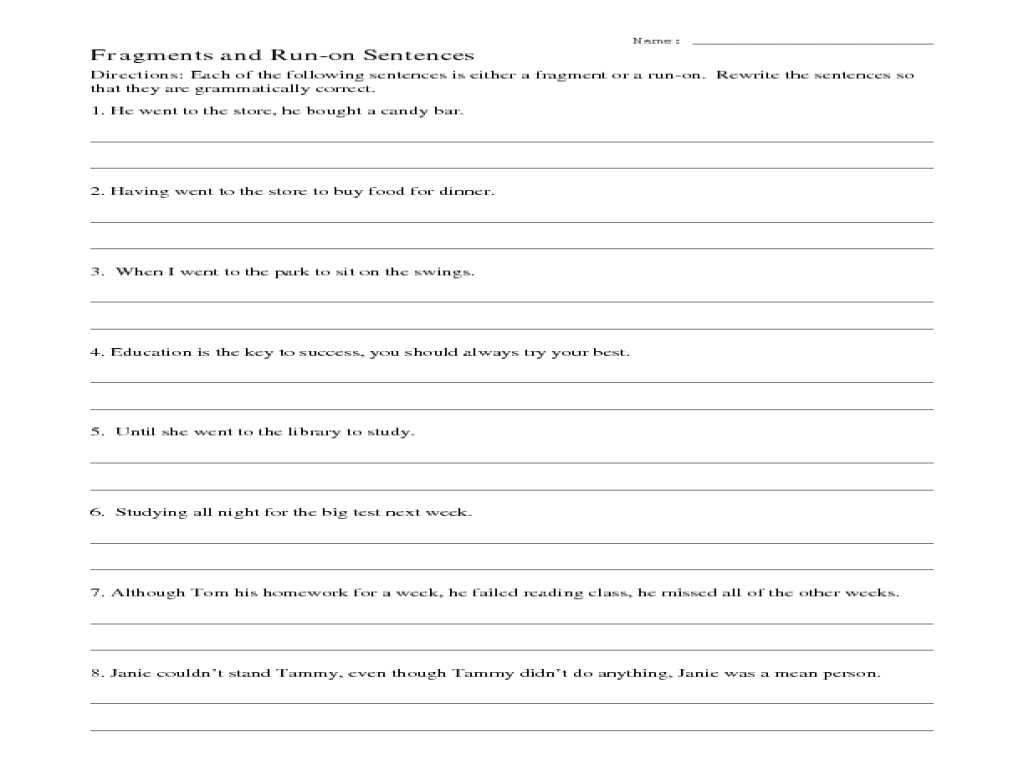
Another challenge is maintaining consistency and commitment to mental conditioning. Just as physical training requires regular practice and dedication, mental conditioning also demands consistent effort over time. Athletes may struggle to prioritize mental workouts alongside their physical training sessions and competitions. To address this, coaches and sports psychologists can emphasize the importance of integrating mental conditioning into daily routines and provide support and accountability to help athletes stay on track.
Empowering Athletes Through Education
Education plays a vital role in maximizing the effectiveness of sports psychology worksheets. Athletes must understand the rationale behind each exercise and how it contributes to their overall mental development and performance enhancement. Providing clear explanations and demonstrations of the purpose and benefits of each worksheet can motivate athletes to fully engage in the process.
Furthermore, coaches and sports psychologists can facilitate group discussions and workshops to promote peer learning and collaboration. Sharing success stories, strategies for overcoming challenges, and practical tips for integrating mental conditioning into training can foster a supportive team culture centered around mental well-being and performance optimization.
Adapting to Individual Needs
It’s essential to recognize that each athlete is unique, with distinct personalities, preferences, and psychological profiles. Therefore, a one-size-fits-all approach to sports psychology worksheets may not be optimal. Instead, coaches and sports psychologists should tailor their interventions to align with the individual needs and preferences of each athlete.
This customization may involve conducting initial assessments to identify areas of strength and areas for improvement, as well as gathering feedback and adjusting interventions based on athletes’ responses and progress. By taking a personalized approach, coaches and sports psychologists can maximize the relevance and effectiveness of sports psychology worksheets for each athlete, ultimately facilitating their journey towards peak performance.
Final Thoughts
Sports psychology worksheets represent a powerful tool for enhancing athletic performance and nurturing mental resilience. By incorporating structured exercises into training routines, athletes can develop essential mental skills such as goal setting, visualization, self-talk, stress management, and emotional regulation. Moreover, by overcoming common challenges, empowering athletes through education, and adapting interventions to individual needs, coaches and sports psychologists can optimize the impact of sports psychology worksheets on athlete development and success.
As we continue to unlock the potential of sports psychology in optimizing performance and well-being, let us embrace the transformative power of sports psychology worksheets and empower athletes to thrive both on and off the field. Together, we can elevate the mental game and redefine what it means to excel in sports.

